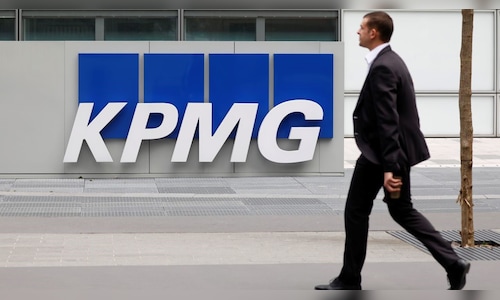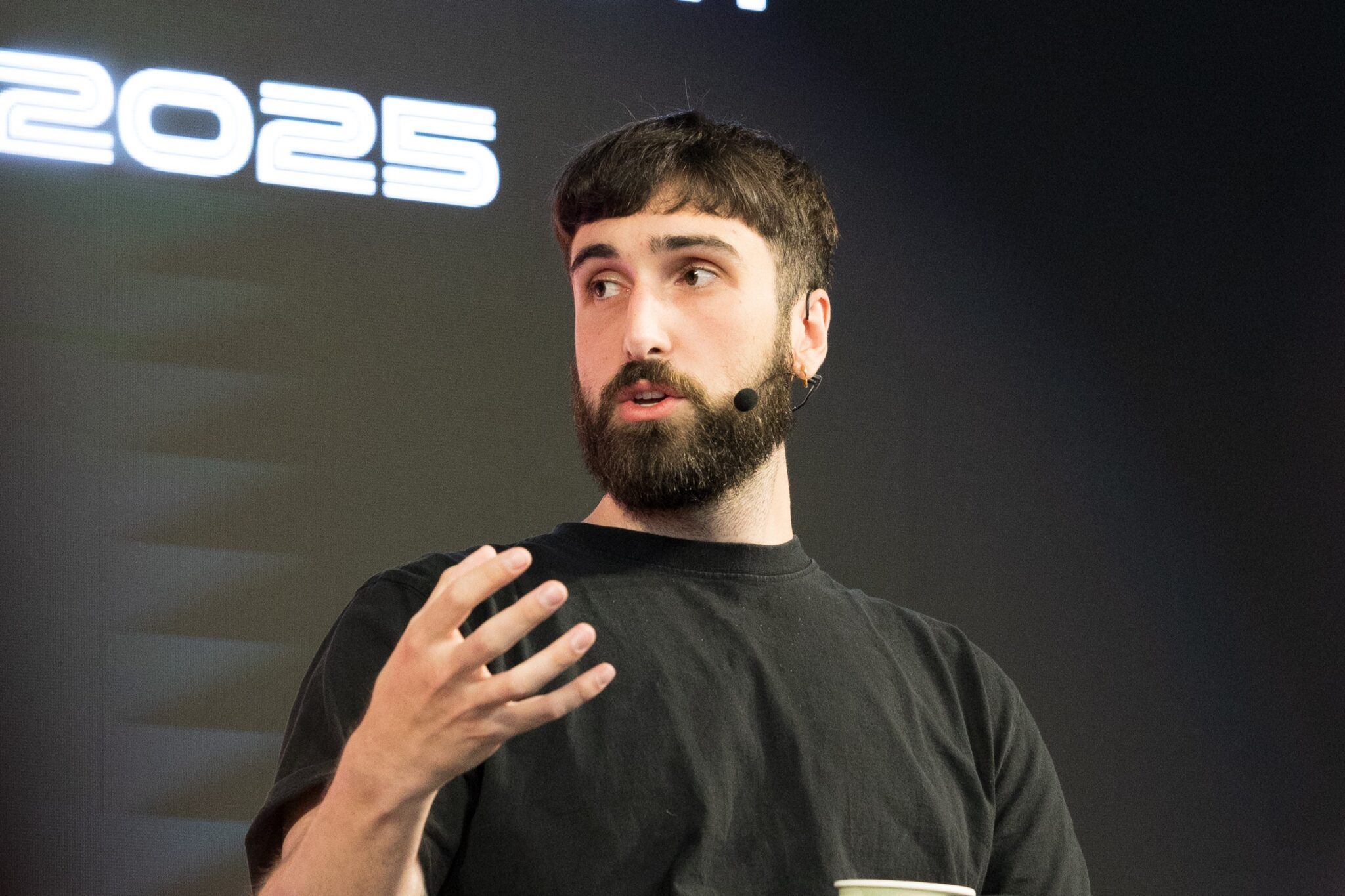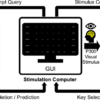In a notable turn of events for the artificial intelligence (AI) industry, judges in New York and Ontario have ruled against two prominent AI companies, Cohere and OpenAI, in separate copyright infringement lawsuits. The rulings underscore the ongoing legal battles faced by AI firms regarding the use of copyrighted material in training their models.
This week, a judge in the Southern District of New York dismissed Cohere‘s motion to dismiss a lawsuit filed by major North American media companies, including The Atlantic, Condé Nast, Forbes, and Toronto Star. These companies allege that Cohere infringed upon their copyrights, seeking damages that could reach as high as $150,000 per infringed work, along with an order prohibiting the company from using copyrighted materials for training its AI models.
“This decision is the first step towards justice for these publishers.”
The lawsuit, initiated earlier this year, claims that Cohere‘s Command AI model directly copies and pastes entire paragraphs from publishers’ articles. In its defense, Cohere argued that its AI model generates original content by abstracting facts into new sentences. However, the judge rejected this argument, stating that the allegations sufficiently demonstrated direct copyright infringement.
“Cohere’s contention that the only similarities to Publishers’ works are Command’s use of the same facts is belied by Publishers’ allegations and examples,” the judge asserted, emphasizing that the outputs of the model did not demonstrate the originality claimed by the company.
Danielle Coffey, president and CEO of News/Media Alliance, an industry group representing the plaintiffs, expressed satisfaction with the ruling. “This decision is the first step towards justice for these publishers, who deserve the full legal protection offered by the law for their intellectual property,” Coffey stated.
In parallel, OpenAI faces a similar lawsuit filed by major Canadian media entities, including Torstar, Postmedia, and The Globe and Mail. This group is also seeking damages, potentially totaling over $20,000 for each work allegedly infringed upon, with claims that this could encompass more than 10 million works since 2015. The Canadian lawsuit aims to prevent OpenAI from utilizing their content in future AI training.
Recently, OpenAI attempted to move the lawsuit to the United States, asserting that its models were trained outside of Ontario and thus should be exempt from Canadian copyright law. However, a judge dismissed this motion, reinforcing the jurisdiction of Ontario courts over the case.
The judge ruled, “The defendants have not met their burden of demonstrating that the United States is a clearly more appropriate, suitable and convenient forum than Ontario to litigate the pleaded claims for breach of copyright and related matters under Ontario law.”
Amid these challenges, an OpenAI spokesperson reiterated the company’s stance, stating that their models “empower innovation, and are trained on publicly available data and grounded in the principles of fair use.”
These lawsuits represent a significant moment in the ongoing discourse surrounding copyright and AI, as OpenAI is already facing multiple allegations concerning copyright infringement, including a high-profile case from The New York Times and an ongoing lawsuit in Germany related to music copyright. The outcomes of these legal battles could set important precedents regarding how AI companies navigate copyright law and utilize existing content in their model training processes.
As the legal landscape continues to evolve, the implications for the AI community remain profound, particularly regarding the balance between innovation and the rights of content creators.
See also Google Photos AI Edits Blocked in Texas and Illinois Due to Biometric Privacy Laws
Google Photos AI Edits Blocked in Texas and Illinois Due to Biometric Privacy Laws Web Summit Highlights ‘Agentic AI’ Risks as Experts Warn of Over-Caution in Europe
Web Summit Highlights ‘Agentic AI’ Risks as Experts Warn of Over-Caution in Europe Hugging Face and Google Cloud Enhance AI Model Access with New CDN Gateway and Security Features
Hugging Face and Google Cloud Enhance AI Model Access with New CDN Gateway and Security Features Study Flags ‘Questionable’ Sources in Elon Musk’s Grokipedia, Risking Misinformation
Study Flags ‘Questionable’ Sources in Elon Musk’s Grokipedia, Risking Misinformation Perplexity CEO Aravind Srinivas Addresses AI Job Loss Fears, Emphasizes Human Connection
Perplexity CEO Aravind Srinivas Addresses AI Job Loss Fears, Emphasizes Human Connection





































































